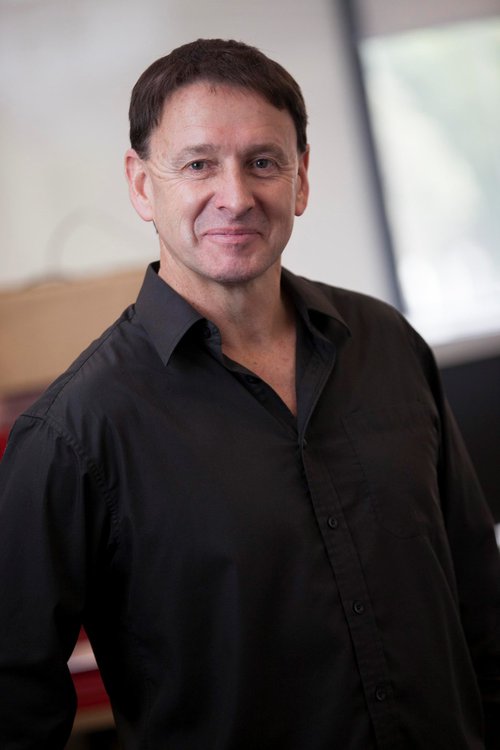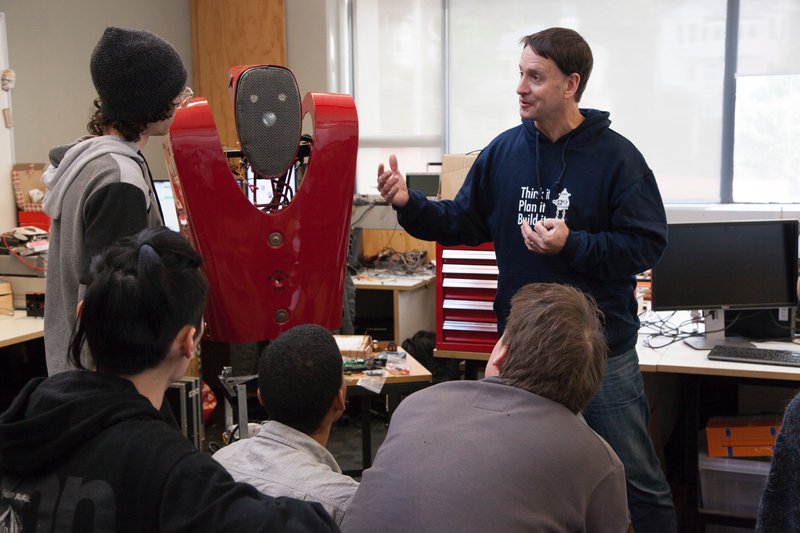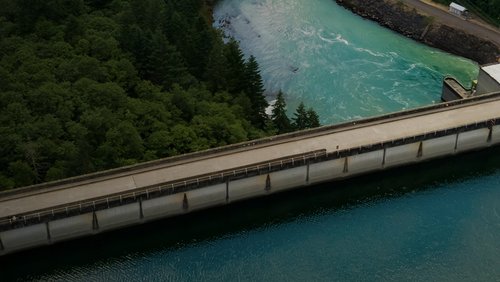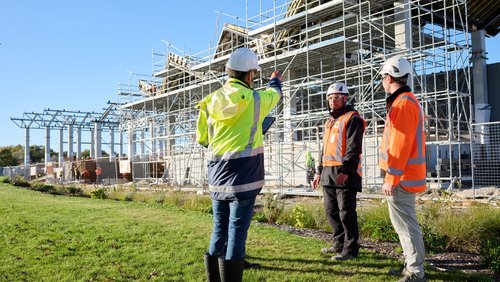26 Sep 2019
We chat with the Dean of the Faculty of Engineering at Victoria University and a Member of Engineering New Zealand.

What’s your role at Victoria University?
I have the strategic responsibility for guiding the direction of the School of Engineering and Computer Science, the Robinson Research Institute, the Computational Media Innovation Centre and the Wellington ICT Graduate School. I also research, teach and supervise in electronic and robotic engineering.
Describe a typical day.
Meetings dominate my week, which range from discussions on new and exciting future engineering majors, to how we can better recruit and retain our students, especially women, Māori, Pasifika. They can also be with my students, some ‘pure’ engineering, some shared with the New Zealand School of Music, some with psychology, on projects ranging from designing electric aircraft motors to creating emotive autonomous robots or even robotic musicians. My last meeting was with an ex-student who was bringing his industry experience to inform and update our lecture material. Of course, emails will consume any and all time that is left over as does plaguing my long-suffering EA.
Why did you enter the world of academia?
Since the age of 12, I knew that I wanted to work in the fields of applied science/engineering, and I always wanted to teach. It was the teaching vocation that really attracted me to engineering, and I really enjoy making a difference. We have led New Zealand in the development of undergraduate cybersecurity engineering, and are constantly pushing the teaching/training envelope in the new and emerging areas of engineering. That’s extremely exciting and it’s wonderful to be at the forefront of these developments.
What’s the best thing about teaching?
I’ve had amazing teachers who made such a difference in my life, and also one or two dreadful ones who nearly derailed my aspirations. I know that good teachers can be transformational; they can make a difference in people’s lives that few other professions can. A good teacher can motivate, inspire and bring out the best in students. Personally, there’s no greater satisfaction than when a student comes back three or five years later and thanks you for being that person who inspired and encouraged them to achieve more than they themselves ever thought possible. It was humbling to read my students’ comments that were the core of me being awarded the National Ako Aotearoa Tertiary Teaching Excellence Award. Reading about the impact I had on their lives and the difference I had made – well it just doesn’t get better than that. Teaching is a privilege. There’s very little, if anything, else that can allow you to be so transformational. I love it.
What got you interested in engineering?
My father was a panel-beater, and I grew up working in his business. From that, I started to develop a feeling for how things fit together and an appreciation for systems working together. At university I was always drawn to those more practical topics – where we were going to use the answer to produce something tangible. And that is at the core of how I look at the world – how do things work, how can we make it better, what do we need in the future, and how can we design them and make them work? To me, this is what defines engineering.

Professor Dale Carnegie in the classroom
What will be the biggest challenge facing engineers in the next five years?
Our traditional methods of treating engineering as individual silos is no longer fit for purpose. The challenges facing society now are complex and need a multidisciplinary approach. Perhaps the biggest challenge is to protect the planet. It’s not sufficient for someone to just set up a solar energy system and say they’re being clean and green. How are the materials produced and sourced? What is the lifetime of the system, how will the materials be disposed of? How is the produced energy regulated and stored? How can it be made secure from a cyber attack? How can this be scaled up to provide power for hundreds of thousands of people? How robust would the system be? What are the social impacts? How can we make the systems even better? How can we get politicians to support and incentivise this? Should they? Just this one simple example requires expertise in a large number of areas that are just impossible for any single person to master. So how do we train the future engineers to have these broad, multidisciplinary skills? How can we help them to talk with experts in other fields in a way that both can understand? The engineering of the future is going to be multi-disciplinary, broad, and tackling issues of critical importance to the planet.
Why is it an exciting time to be an engineer?
Because the problems we’re facing are huge! A hundred years ago, an engineer would have a local, or perhaps at the most, a national impact. The work of the engineers of today, and of the future, can have a global impact. We are so inter-connected, and the problems we’re trying to solve are now so large. Everything is moving so quickly. A decade is an eternity in some of our new fields of engineering. Keeping up to date, at the forefront of developments, is immensely challenging and exciting. The next decade will be so very different to the last one.
Why are you a member of Engineering New Zealand?
Engineering is different from science. It’s the building of an artefact to professional standards. Sometimes people’s lives depend on the quality of our work. We can only take our students so far along this journey. Being an engineer involves learning for the rest of your life. This means being around other engineers to learn from them, and to share your knowledge. Again, the problems of today and the future are huge, and rapidly changing. The acquisition of new knowledge is not sufficient – we have to be the professional, trusted, practitioners of that knowledge. From the University angle, it's vital for us here at Victoria University of Wellington to understand the industry that we train our students to be a part of, and to work with other engineers to ensure that we are providing the highest quality of education. We work with Engineering New Zealand to ensure that our degree offerings are the best they can be, and that our graduates' pathway into the engineering industry is clear.
What do you do in your spare time?
I have two adult children who have left home, and a six year old who (unsurprisingly) has not. She’s an absolute delight, coming home to her, to be a horse, or make a fort, or watch Scooby Doo is the highlight of my day. Otherwise, I’m on a lifestyle block, and I love building – to the despair of my wife. I’m not allowed to build any more decks, or fences, or children’s forts, or wood sheds. So the acres of gorse often get my weekend attention. I used to be a marathon waka ama competitor, and am trying to find time to get back onto the water – but that’s a work in progress.




